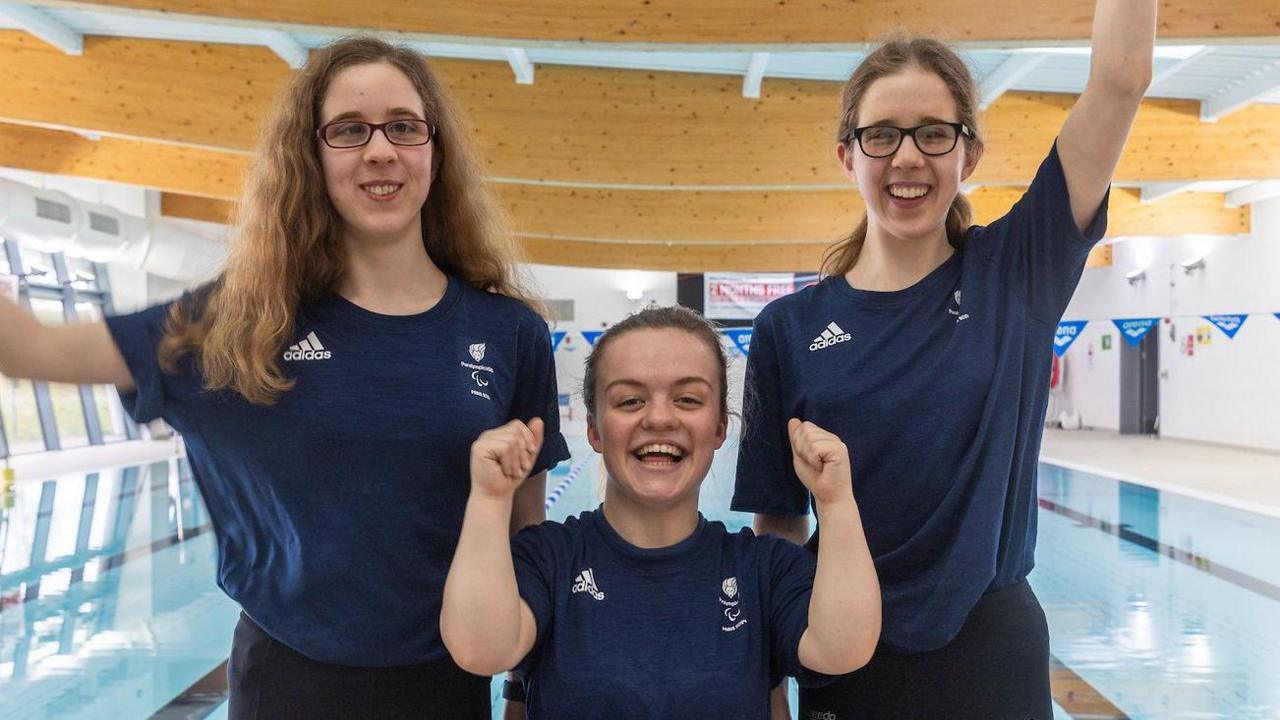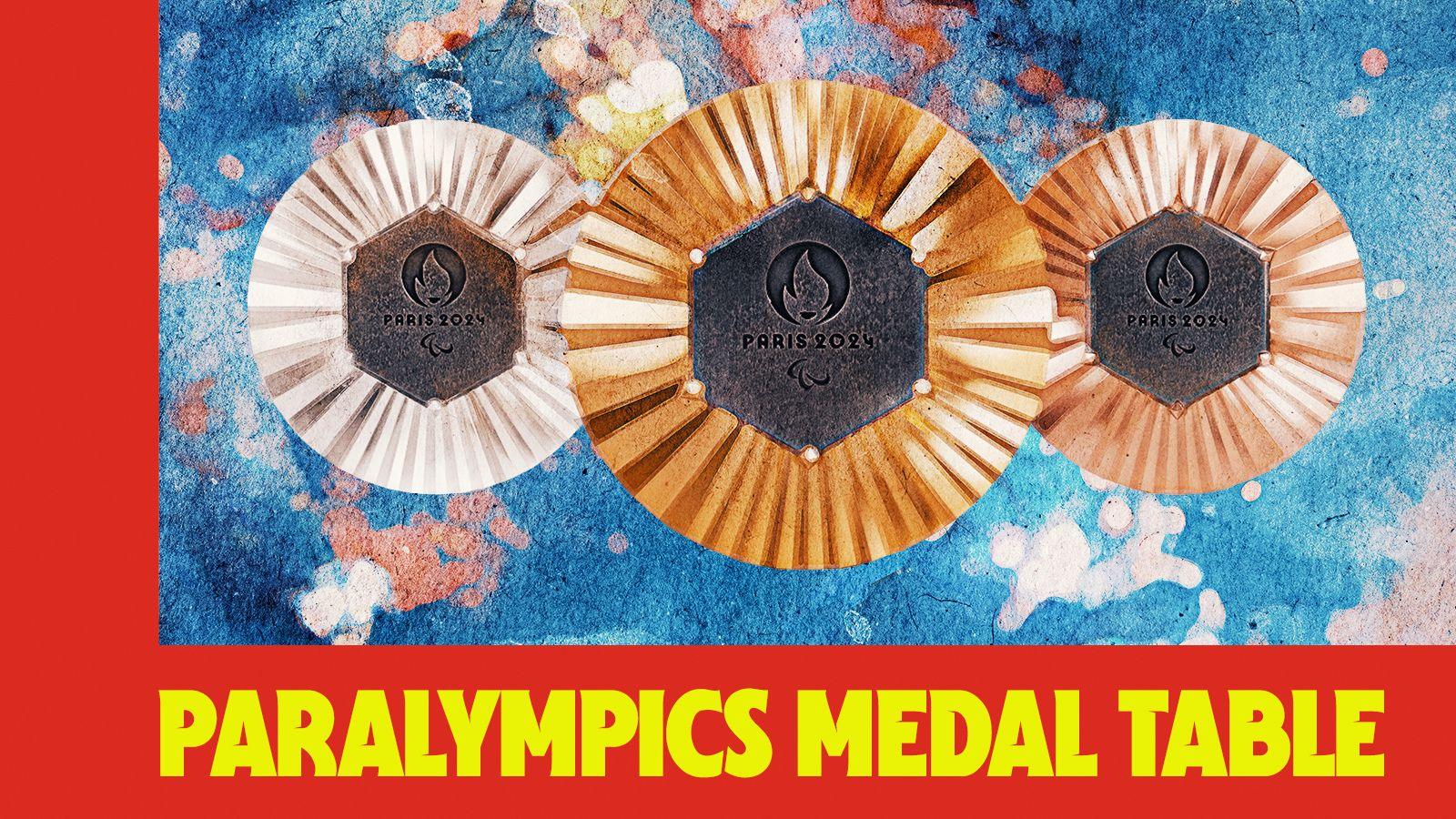What will be the legacy of an 'amazing' Paralympics?
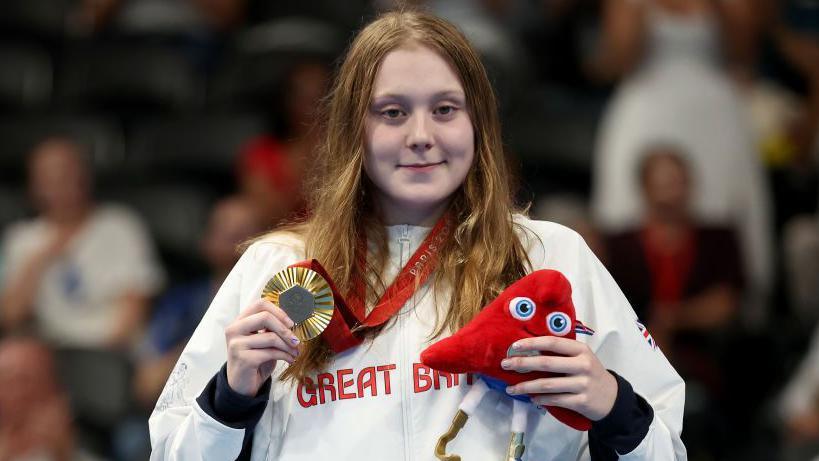
Swimmer Poppy Maskill won three golds and two silvers at La Defense Arena
- Published

Baroness Grey-Thompson, who won 11 Paralympic gold medals for Great Britain and competed at every summer Games from 1988 to 2004, was part of the Radio 5 Live team in Paris.
The Paralympics in Paris have been amazing with packed stadiums, intense competition, great performances and the event has shown the world what sport can do.
There have been the highs and lows you expect, tears of happiness and of disappointment - what more would you want from a sporting event?
But it is hard not to think, as we leave here, about what the legacy of the Games is going to be.
Legacy is a word that was imposed on Barcelona long after the 1992 event, when it had eventually figured out how to use the expensive venues they built for the Games. Many of the cites that have followed since then have struggled.
London had to be mindful, not only of the public nature of the costs and the desire to not have white elephants, but of the promises that were made to inspire a generation.
Paris took that further in terms of sustainability. They used many existing venues and then put a Paralympic overlay on top but that meant that there were lots of steps, platform lifts, not always decent viewing platforms and a frequent sense of frustration that while disabled people were competing, it wasn’t always so easy for disabled people to come along and watch.
Public transport has been another issue, as it always will be in an old city like Paris.
Buses have been overhauled to make them accessible, which is a start, but the Metro system is not and the head of the Paris transport network said before the Games that it remained a weak spot for disabled travellers so it will be interesting to see what happens after the Games.
I didn’t try the transport, partly because I didn’t need to, and being in the fortunate position of being media-accredited gives you access to venues that spectators don’t get.
We were driven around the city in the dedicated Games lanes, and went from the underground car parks to the venues with little difficulty but I know the day-to-day experience outside Games time will be significantly different.
Having visited Paris a number of times before, the biggest change I have noticed is the attitude towards disabled people. People are generally more helpful and for getting around there are more things like dropped curbs, although the cobblestones, of which there are lots, are a challenge for a wheelchair user.
How have GB performed?
The medal table is binary. The medal target set by UK Sport was 100-140 and that was achieved with two days of competition still to go, but there will be lots of debate in the coming weeks about what does success look like and each sport will be under review for the next cycle.
The number of golds, silvers and bronzes and near misses will be analysed. ParalympicsGB is also proud of the breadth of the performances but there will be some things outside its control for Los Angeles 2028, such as what other countries are doing and how they are being funded.
The British swimmers were phenomenal and their multi-medallists like Poppy Maskill, Alice Tai and William Ellard have been superb, as were the cyclists with Sarah Storey again winning medals, as she was doing when we were on the GB team together.
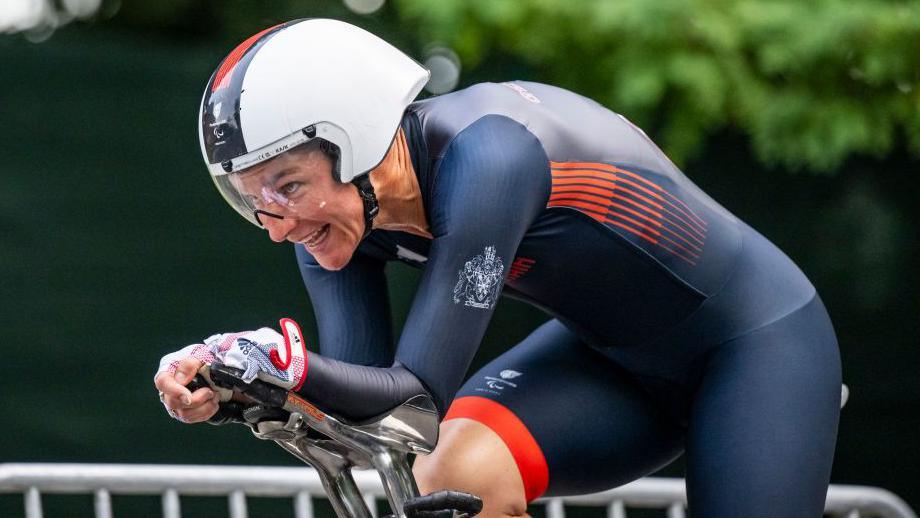
Sarah Storey continued her record of winning a medal at every Games since her debut in Barcelona in 1992
However, the athletics team has probably not performed how they would like with six golds and 18 medals overall, their lowest total since Beijing in 2008, and it shows how quickly the world can move on in some disciplines.
France, once a powerhouse of athletics, only won five medals in track and field and no golds. Had they won, it would have made a difference to the atmosphere in the Stade de France although it was still electric whenever a home athlete competed.
ParalympicsGB is not in a position to challenge China for top spot, but were pretty secure in second place in the face of some strong competition from the United States.
But with these Games barely over, every sport will now be looking at where is the next set of ‘talent’ going to come from – whether it is from talent transfers from other sports, improving the existing talent pool or finding new athletes.
What can we expect from LA?
While everyone was excited about Paris, the next Games in LA 2028 were at the back of many minds.
Broadcasters NBC were out here in force and it will be interesting to see how the coverage of the Games has gone down in the USA.
Unfortunately they didn’t have Snoop Dogg here like they did for the Olympics. Maybe they needed to pay him more to come here – it would have been really cool to have him here!
In terms of competition, I think the US Paralympic Committee could learn from what GB have achieved here and in Tokyo and work on having a wider spread of medals across sports, because they have huge potential.
They also need to get their athletes known and for Americans to care about them.
We now have a Paralympic champion in Hunter Woodhall married to an Olympic champion in Tara Davis-Woodhall and they could do things to really put Para-sport on the map.
Overall, the Games have been incredible and perhaps the sports legacy for France will come in 2028, but it does feel like we are leaving a city that will have embraced the Games and perhaps will think a little differently about disability, and a Paralympic movement which has taken another step forward.
Related topics
- Published28 August 2024
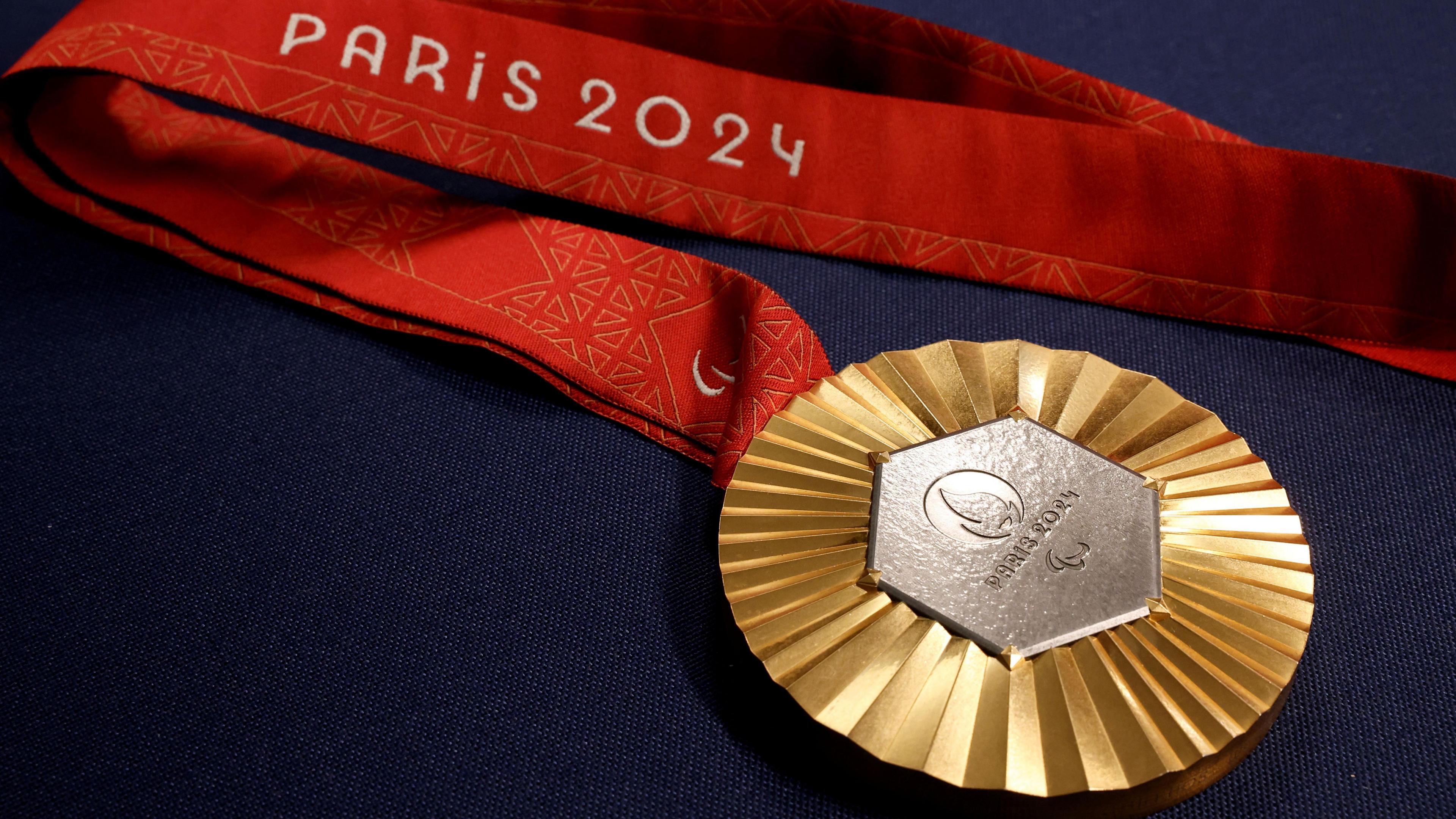
- Published28 August 2024
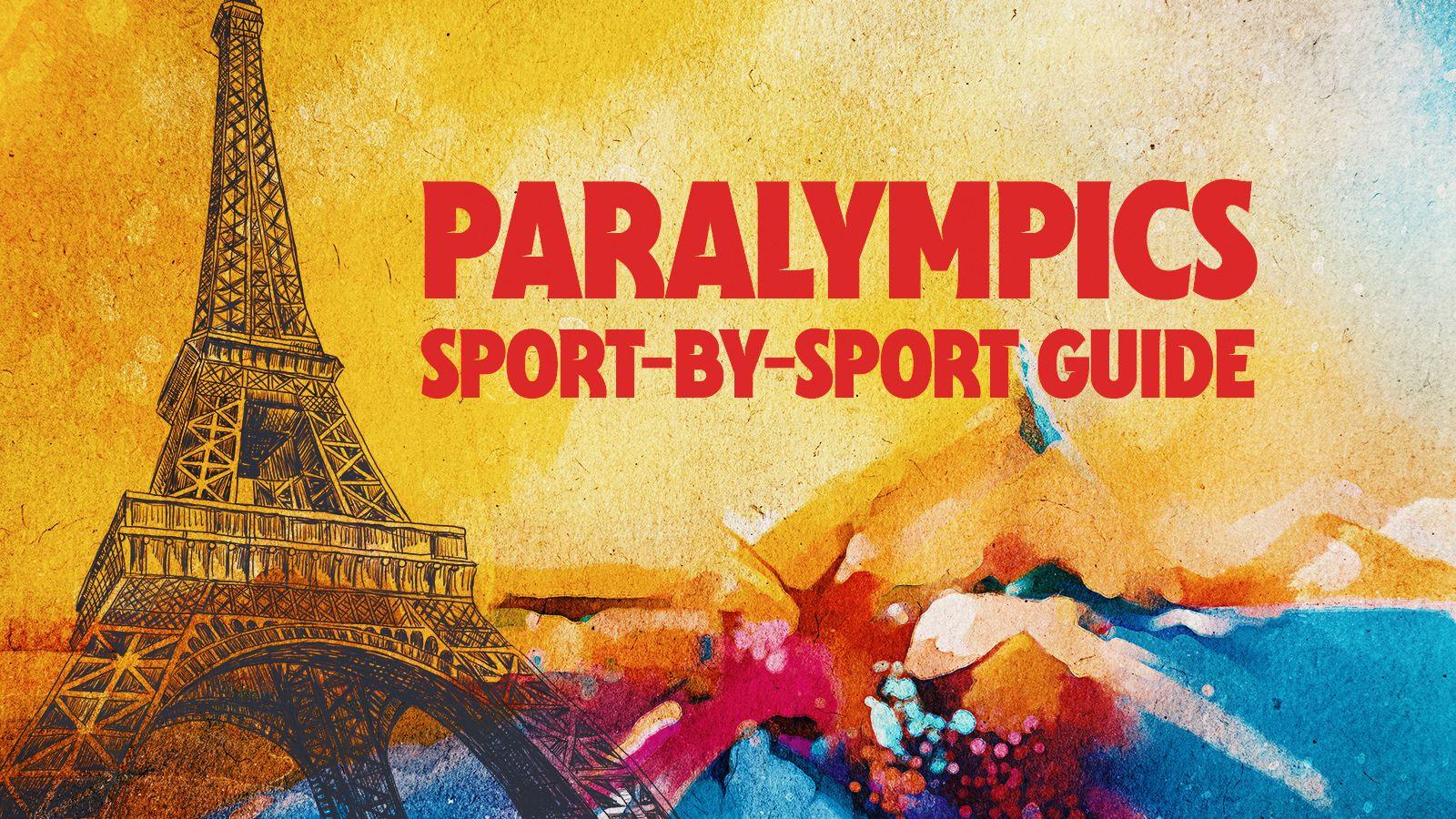
- Published28 August 2024

- Published9 August 2024
